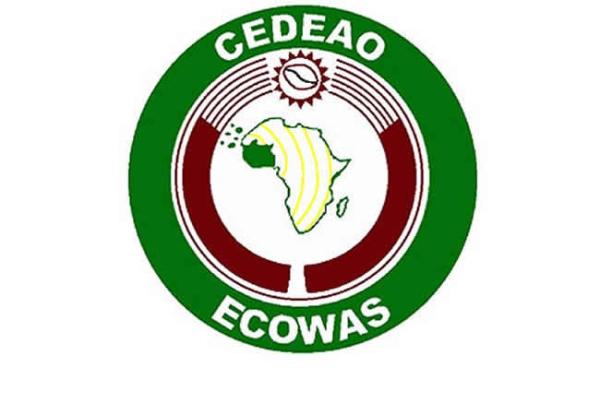
The World Health Organisation (WHO) on Tuesday in Dar es Salaam said a severe humanitarian crisis was developing in Tanzania.
It said this was as a result of thousands of refugees from Burundi seeking asylum due to escalating political tension in Burundi.
It added that the situation was worrisome in Kagunga village, where the original population of 11,382 increased to over 100,000 since the crisis started in April.
WHO noted that mass population displacements peaked in the last few days, with 500 to 2,000 arrivals per day overwhelming the current health system in Tanzania.
The world health body said the overall situation was accompanied with limited camping space, poor hygiene, inadequate sanitation facilities and inadequate safe water for drinking.
It noted that the crisis worsened on May 13 with the diagnosis of 15 cases of acute diarrhea disease that were reportedly negative for cholera.
It stated that “on May 16, two samples from the Nyarugusu camp tested positive for cholera and the number of acute diarrhea cases rapidly climbed to over 1000 cases.
“Furthermore, 13 samples tested positive for cholera on May 17.
“Identified vulnerable groups that are at risk include pregnant women, children, the elderly and special groups needing special attention, including people living with HIV/AIDS, abandoned children, the disabled and people with other chronic illnesses.’’
The WHO said a joint team of experts from the Organisation and the Ministry of Health and Social Welfare (MOHSW) conducted an initial rapid assessment of the situation and recommended emergency measures to ensure timely response in the Kigoma region.
It noted that the village of Kagunga, which was the main entry point of refugees, did not permit easy relocation of refugees to Nyarugusu refugee camp in the Kigoma region due to absence of means of water transportation.
“The only two available boats can only convey 1,000 refugees per day.
“The Nyarugusu refugee camp has also reached the threshold of maximum number of persons and the asylum seekers are being housed in local schools, awaiting temporary tents.
“A temporary holding area has also been identified at the Lake Tanganyika Stadium in Kigoma town, which needs a lot of inputs to make it habitable.’’
It said the Regional Health Management Team (RHMT), in collaboration with partners, established health posts at entry points and receiving areas of Kagunga, Lake Tanganyika and Nyarugusu where asylum seekers were screened and provided basic essential health services.
It, however, added that the health posts were challenged because of few health care workers, limited availability of essential medicines and supplies and limited water and sanitation facilities.
WHO said there was need to further strengthen coordination mechanisms to scale-up the provision of health care services and basic shelter, food and protection services to the high risk populations.






















